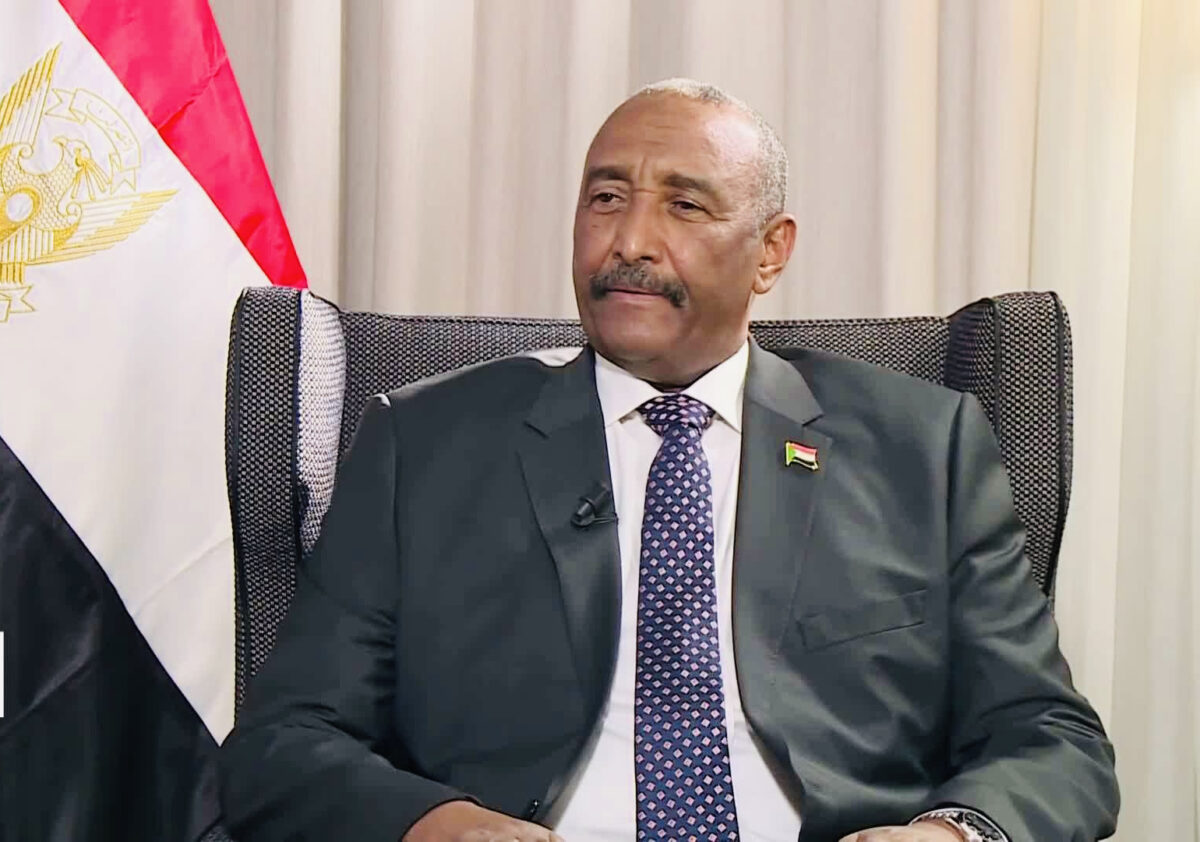Israel has a vital stake in the military coup that shook Sudan a few days ago.
On October 25, a little more than a year after the United States announced that Sudan had agreed to forge official relations with Israel, chaos enveloped the capital, Khartoum, placing Israel’s normalization pact with Sudan under a cloud of uncertainty.
In one fell swoop, General Abdel Fattah el-Burhan, head of Sudan’s ruling Sovereign Council, dissolved the civilian cabinet, arrested Prime Minister Abdallah Hamdok and other civilians whom the armed forces had agreed to share power until next year’s election, and declared a state of emergency.
Tensions between Burhan and Hamdok had been building. Concerned by the growing instability in Sudan, Africa’s largest country, U.S. special envoy Jeffrey Feldman was dispatched to Khartoum to press for an agreement between the generals and the civilians. Thinking he had succeeded, Feldman left Sudan. Hours later, the second coup in two years took place in Sudan, prompting U.S. President Joe Biden to denounce it and suspend a $700 million aid package.
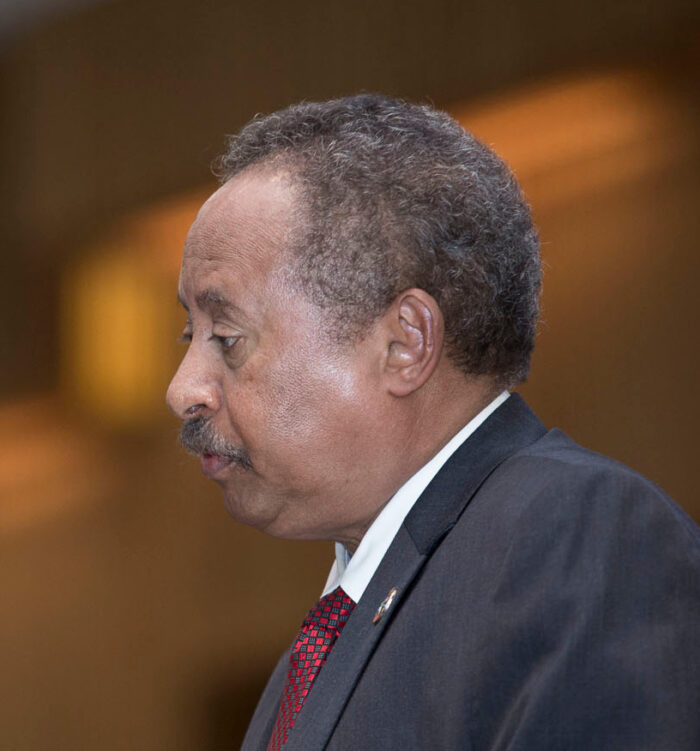
The latest developments in this impoverished nation are of deep concern to Israel.
In theory, Burhan’s takeover should have come as a relief to the Israeli government, since he and his associates in the army pushed for and promoted an accommodation with Israel on the assumption that it would alleviate Sudan’s economic woes and offer it security advantages.
But with the United States and other Western countries having condemned the coup and withdrawn aid, the new Sudanese regime lacks the recognition and legitimacy it craves, and may be too preoccupied with internal affairs to fully implement its normalization agreement with Israel.
Sudan’s historic rapprochement with Israel was announced on October 23, 2020 by the then U.S. president, Donald Trump. He said that Sudan had abrogated its state of war with Israel and agreed to open economic relations with it as a first step toward establishing full diplomatic relations with the Jewish state.
Sudan thus became the third Arab country after the United Arab Emirates and Bahrain to recognize Israel and thereby join the Abraham accords. Sudan, however, made no mention of opening an embassy in Israel.
Nonetheless, the then Israeli prime minister, Benjamin Netanyahu, hailed Sudan’s opening to Israel, saying it represented “another dramatic breakthrough for peace, another Arab country joining the circle of peace.”
Sudan’s ambiguous position stems from the fact that its Arab nationalist civilian leadership was less than keen to establish relations with Israel.
Sudan declared a boycott against Israel in the late 1950s. And at an Arab League summit meeting in Khartoum shortly after the 1967 Six Day War, delegates unanimously supported a resolution rejecting peace and recognition of and negotiations with Israel.
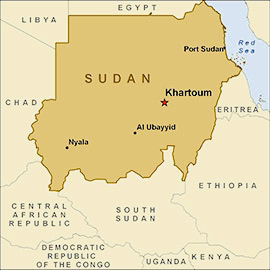
The three “no’s” of Khartoum were in keeping with the Arab world’s reluctance to accept Israel’s existence.
The Sudanese government changed its policy 180 degrees after the Trump administration offered Sudan tantalizing concessions. In exchange for recognizing Israel, Sudan — a supporter of Hezbollah and Hamas and a former haven of Al Qaeda’s leader Osama bin Laden — would be removed from a U.S. list of state sponsors of terrorism and thus would be eligible for American economic assistance.
To kickstart this process, Sudan would have to pay compensation to the tune of $335 million to the victims of the 1998 bombings of the U.S. embassies of Tanzania and Kenya and the 2000 attack on the American destroyer Cole in Yemen.
Courts in the United States had ruled that Sudan was complicit in these attacks because it harbored the Al Qaeda operatives who carried them out.
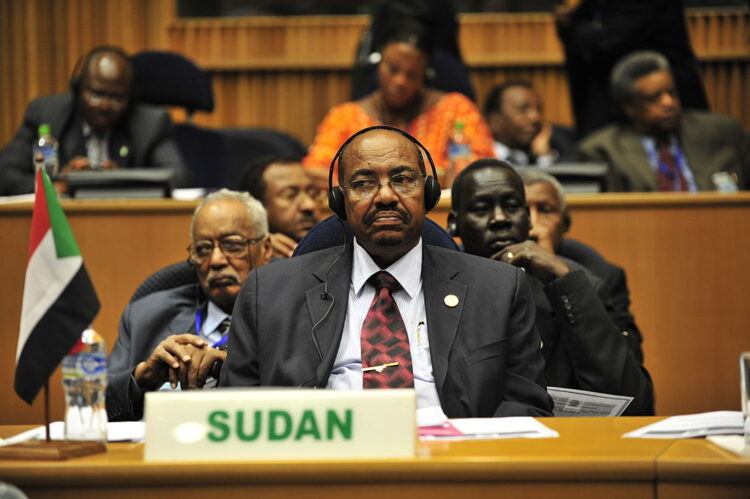
Sudan’s normalization of relations with Israel took flight after its longtime ruler, Omar al-Bashir, was deposed by the army in 2019. In February 2020, Netanyahu met Burhan in Uganda without informing his civilian colleagues, according to reports. After their meeting, Netanyahu disclosed that Israel and Sudan intended to normalize ties.
Two months later, Sudan — a nation whose location on the Red Sea is strategically important to Israel — abolished its formal boycott of Israel. Early in 2021, Eli Cohen, the then Israeli minister of intelligence, visited Khartoum. Last month, the Sudanese government seized the assets of companies associated with Hamas.
Despite these positive steps, Israel has apparently made little headway in fleshing out full relations with Sudan. In a clear sign of Sudan’s position on normalization, Sudanese Foreign Minister Mariam al-Sadiq al-Mahdi said last month that Sudan had no plans to establish an embassy in Tel Aviv.

Earlier this month, two Israeli ministers, Deputy Foreign Minister Idan Roll and Regional Cooperation Minister Esawi Frej, met Sudan’s Justice Minister Nasredeen Abdulbari.
“We agreed on future cooperation,” tweeted Roll. “Our goal is to join hands in technological training … We also spoke about the importance of normalizing the relations between both countries.”
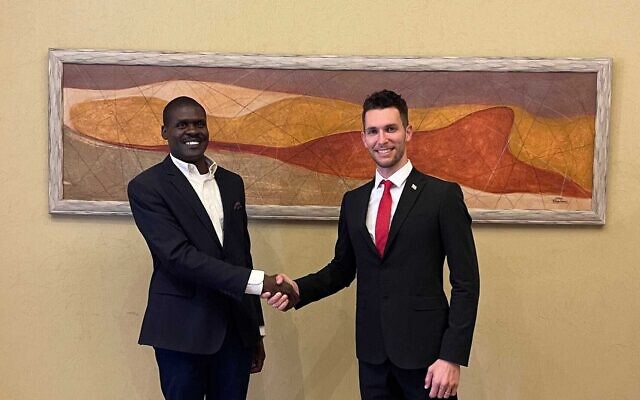
Frej said, “I discovered a country that sees itself and operates as if it is already deep within the Abraham accords.” Significantly, he acknowledged that an influential minority of Sudanese politicians who back the Palestinian cause unreservedly are trying to sabotage normalization.

Tellingly enough, Abdulbari played down the concept of full diplomatic relations with Israel. “Education and cultural cooperation surpasses economic cooperation,” he said. “We must learn to know one another and strengthen human bonds.”
Around the same time, a Sudanese delegation of security officials secretly visited Israel to discuss bilateral relations.
Israel has remained conspicuously silent since the coup, fearing that an official reaction could jeopardize its standing in Khartoum. But Israel’s normalization agreement with Sudan hangs in the balance as long as Sudan is plagued by instability.
